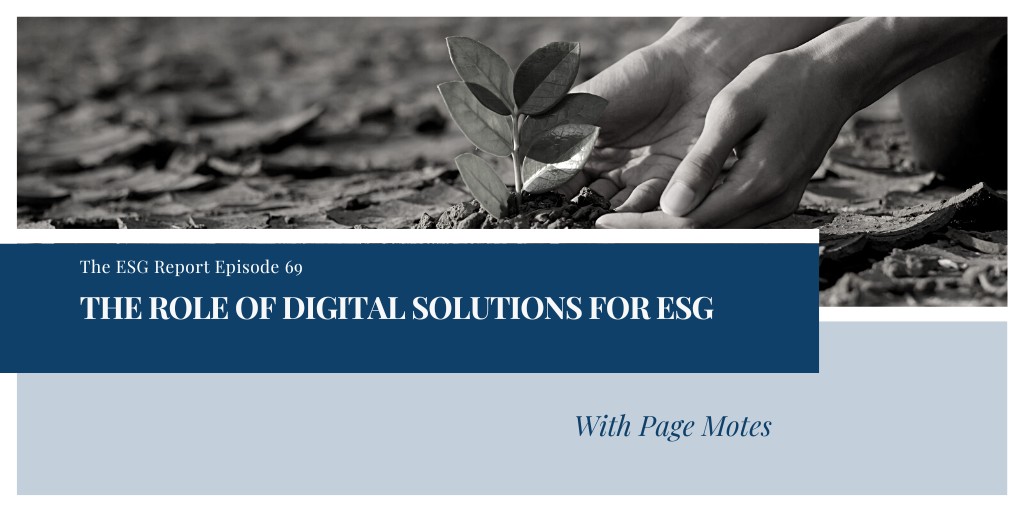
Oracle Corporation settled its second FCPA case in ten years. It agreed to pay the SEC $23 million to resolve allegations that its subsidiaries in Turkey, India and the United Arab Emirates maintained slush funds to bribe foreign officials. Ten years ago in 2012, Oracle paid the SEC $2 million for creating millions of dollars in off-the-books accounts at its India subsidiary. Join Michael Volkov as he takes a deep dive in the Oracle case and provides valuable lessons for managing third-party corruption risks.
- In the SEC’s mind, Oracle is a recidivist, having its second enforcement action case in 10 years.
- The settlement for $23 million underscored the power of the FCPA provisions, which mandate effective internal controls and accurate books and records, and can be applied to a wide range of conduct beyond foreign bribery, Michael remarks.
- The controls that Oracle put in place to prevent improper use of discounts and marketing reimbursements were not effective because there was a lack of compliance culture within the business.
- The Oracle case is one that should be studied by compliance professionals, Michael believes. It reminds you to look at your own controls that surround discounting and ensure that the necessary documentation is carried out. “No matter what controls you have in place, they still have to be adhered to with a true culture of compliance underneath it as a foundation,” he adds.
Resources
Email Michael: mvolkov@volkovlaw.com



